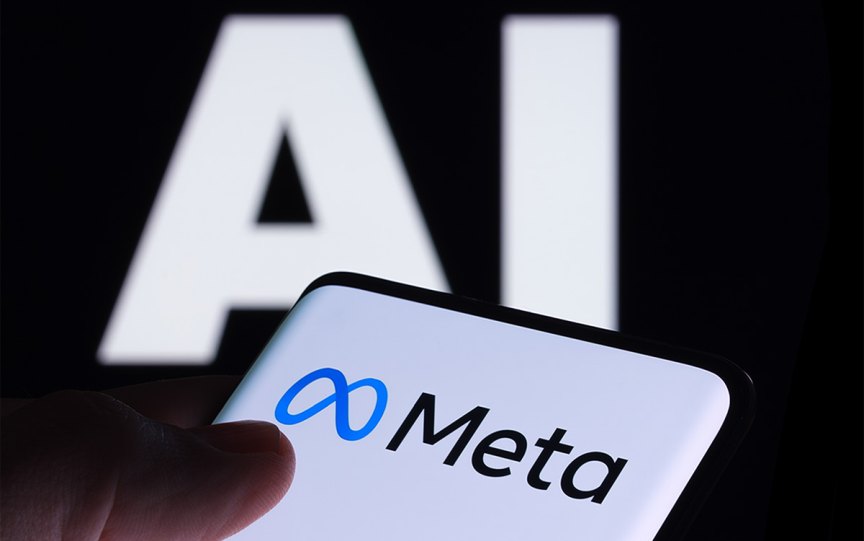Meta builds its own AI brain: Custom AI chips to power up the company’s AI ambitions

The parent company of Facebook Meta Platforms plans to roll out a new iteration of its custom chip in its data centers this year, Reuters reported on Thursday, citing an internal document.
This second-generation chip, part of Meta’s in-house silicon line introduced last year, is designed to support the company’s push into artificial intelligence (AI). Reuters reported that its implementation could potentially lessen Meta’s reliance on Nvidia chips, which currently dominate the market, and help manage the escalating costs linked to running AI workloads as Meta accelerates its efforts to launch AI products.
The news comes two weeks after Meta announced plans to build its own artificial general intelligence (AGI). “Our long-term vision is to build general intelligence, open source it responsibly, and make it widely available so everyone can benefit,” Meta CEO Mark Zuckerberg said. AGI is a form of artificial intelligence that matches or exceeds human intelligence in nearly all aspects.
In the past year, Meta has been scrambling to ramp up its computing capabilities to support its ambitious generative AI products integrated into platforms like Facebook, Instagram, WhatsApp, and even hardware gadgets like its Ray-Ban smartglasses. This effort has entailed investing billions of dollars to acquire specialized chips and revamp data centers to accommodate them.
Given Meta’s massive scale of operations, successfully deploying its own chip could potentially result in significant savings. Dylan Patel, founder of the silicon research group SemiAnalysis, suggests that such a move could trim hundreds of millions of dollars in annual energy costs and billions in chip purchasing expenses.
The resources—chips, infrastructure, and energy—required to power AI applications have become a substantial investment for tech firms. This expenditure, to some extent, offsets the gains made amidst the hype surrounding AI technology.
According to Reuters, a spokesperson for Meta confirmed the company’s plan to put the updated chip into production in 2024. This chip will work alongside the hundreds of thousands of off-the-shelf graphics processing units (GPUs) that Meta is purchasing, which are widely used for AI tasks.
“We see our internally developed accelerators as highly complementary to commercially available GPUs in delivering the optimal mix of performance and efficiency for Meta-specific workloads,” a Meta spokesperson explained.
In January, Zuckerberg also said that by the end of the year, the company aims to have approximately 350,000 flagship “H100” processors from Nvidia, known for their use in AI applications. Combined with supplies from other vendors, Meta expects to have the computing power equivalent to 600,000 H100s in total.
The decision to deploy its own chip as part of this plan represents a positive development for Meta’s in-house AI silicon project. This comes after executives decided in 2022 to discontinue the first iteration of the chip and instead invest billions of dollars in Nvidia GPUs, which are primarily used for AI training tasks.
The new chip, internally referred to as “Artemis,” like its predecessor, is designed for inference, where models use algorithms to make judgments and generate responses to user prompts. Reuters reported last year that Meta is also working on a more ambitious chip capable of both training and inference tasks.
Last year, the world’s largest social company also shared details about the first generation of its Meta Training and Inference Accelerator (MTIA) program, positioning it as a learning opportunity.
Despite the initial setbacks, an inference chip could potentially offer greater efficiency in processing Meta’s recommendation models compared to the energy-intensive Nvidia processors, according to Patel. “There is a lot of money and power being spent that could be saved,” he added.




